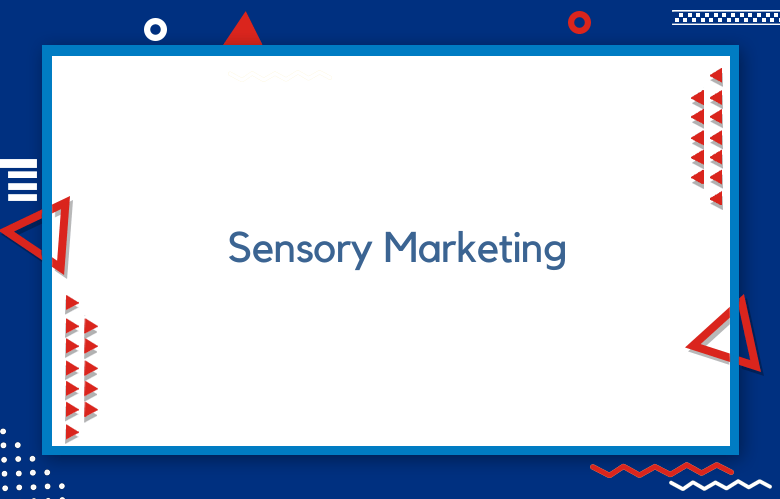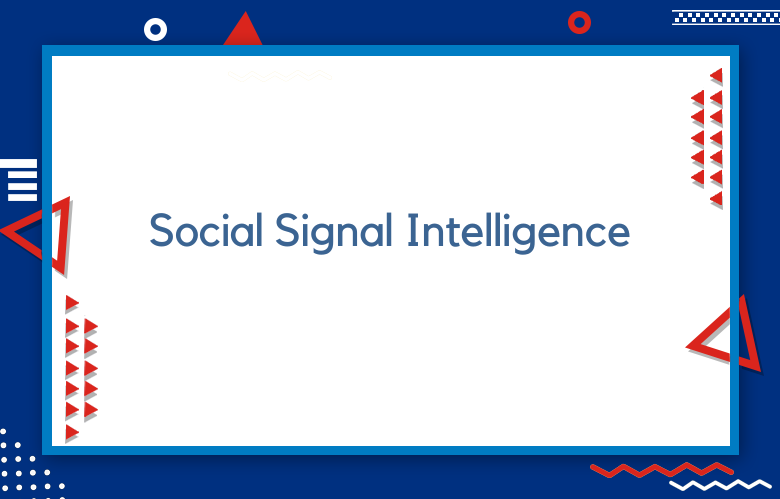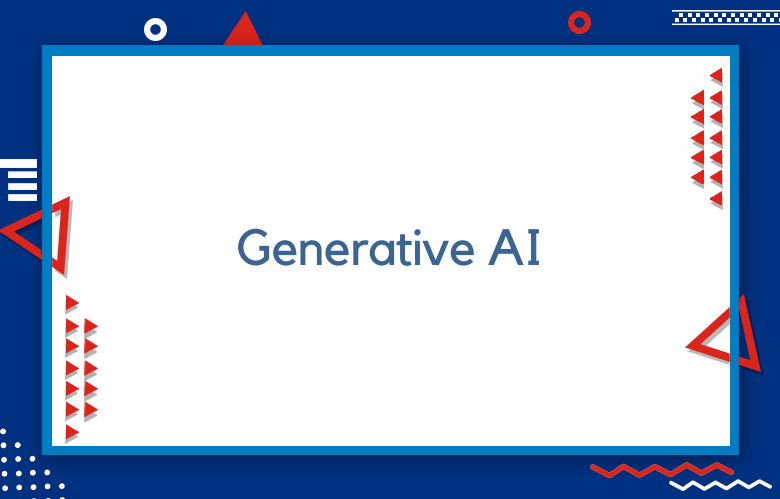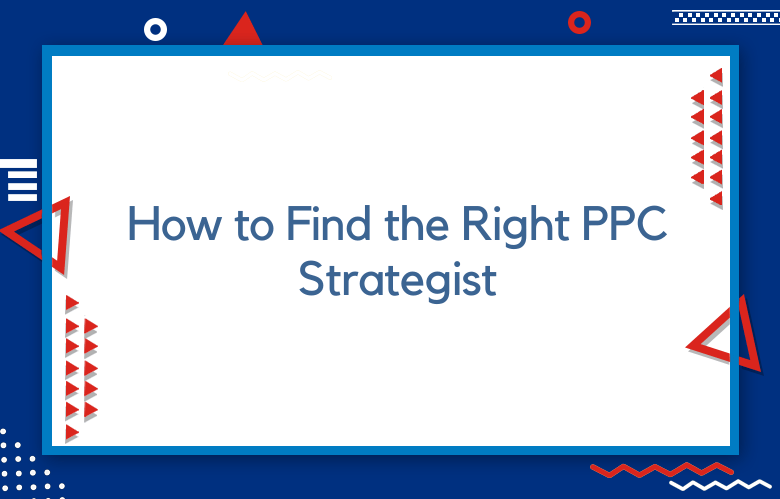Sensory Marketing: The Science Behind Sensory Marketing

Have you ever heard of sensory marketing? It’s a marketing strategy that uses the five senses to engage customers and create an emotional connection with a product or service. Discuss sensory marketing and how it can benefit your business, whether it’s the smell of a bakery, the sound of a song from our high school days, or the sight of a soothing color palette.
This type of marketing is known as sensory marketing, and it’s a compelling tool businesses can use to influence customer behavior.
What is Sensory Marketing?
Sensory marketing is an experiential marketing strategy that uses the five senses (sight, smell, sound, taste, and touch) to evoke an emotional response from customers.
This reaction helps potential customers connect with a brand on an emotional rather than intellectual level.
Businesses can create lasting impressions on their target audience using sensory marketing techniques.
How does Sensory Marketing work?
Sensory marketing involves using sight, sound, scent, touch, and taste to evoke an emotional response from customers.
It can be used for anything from packaging design to television commercials to storefront displays.
For example, a company might use scented candles in its store windows for people walking by on the street or soothing music in its television adverts to make them more appealing.
Sensory marketing can also differentiate your product from competitors’ products.
For example, suppose your product has a unique smell or texture that sets it apart from other products.
In that case, this can be highlighted through sensory marketing tactics like scented packaging or tactile displays.
Sight: Using attractive displays, lighting, and color schemes to create an inviting atmosphere.
Sound: Playing music that resonates with your target demographic or using background noise, such as waterfalls or chirping birds, to create a calming environment.
Smell: Using scents such as baking bread or coffee to create an inviting atmosphere.
Touch: Utilizing textures like soft fabrics or smooth surfaces when designing displays.
Taste: Offering samples of food items or drinks for customers to try before they buy. Scents, pleasant textures, and flavors.
A Guide to Sensory Marketing
When you entered a store, have you ever been overwhelmed by the smell of freshly baked bread or the sound of classical music? If so, you’ve experienced sensory marketing.
Sensory marketing employs the five senses—sight, sound, smell, touch, and taste—to create an immersive experience that resonates with customers.
On an emotional level. Let’s take a closer look at how this type of marketing works.
What is Sensory Marketing, and how can You use it?
Sensory marketing is a powerful tool that combines the physical senses to create a unique customer experience.
It involves using sensory elements such as lighting, sound, scent, texture, and taste to create an emotional connection between the customer and the product or service.
This type of marketing uses a person’s five senses to engage them more meaningfully. Let’s explore sensory marketing and how to use it for your business.
The Science Behind Sensory Marketing
Sensory marketing takes advantage of human psychology by using sensory experiences to create emotional connections with customers.
Our brains constantly collect information through our senses—sight, sound, taste, touch, and smell—which help us learn about our environment and form memories.
When marketers harness this power, they can effectively influence customer behavior and create lasting brand loyalty.
For example, one study found that when customers were exposed to pleasant smells while shopping, they made more spontaneous purchases than those who weren’t exposed to scents.
Understanding the Power of Sensory Marketing
Have you ever heard of sensory marketing? It’s a method of leveraging the five senses to increase customer engagement and purchase intent.
By creating an experience that appeals to customers’ minds, marketers can make powerful connections between their product or service and the people they’re trying to reach.
Let’s explore why sensory marketing is so effective and how it can be used to achieve desired objectives.
Using Sensory Marketing Effectively
For sensory marketing campaigns to be effective, businesses must consider their target audience and tailor their campaigns accordingly.
For instance, if your target audience is younger adults, you may want to focus on visuals such as television commercials or online videos rather than traditional print ads or radio spots, which may be less appealing to this demographic group.
Businesses should also ensure that all aspects of their campaign work together harmoniously.
Otherwise, they could send mixed messages, leading to confusion among potential customers instead of engagement and loyalty.
Sensory Marketing Best Practices
Sensory marketing isn’t just about making sure your store smells nice or playing relaxing tunes over the speakers;
Some best practices should be followed to ensure maximum effectiveness.
First and foremost, keeping your target audience in mind when selecting sensory elements for your store or website is essential.
Knowing who your customers are and what appeals to them most will help you determine which stimuli will drive them to purchase.
It’s essential to make sure that whatever sensory elements you choose fit into your overall brand identity;
If your brand is about luxury items, playing classical music might be more appropriate than hip-hop beats!
The benefits of Sensory Marketing
There are numerous benefits associated with implementing a sensory marketing strategy into your business’s overall marketing plan.
Firstly, sensory marketing helps create positive emotions in consumers, increasing sales and brand loyalty.
Secondly, when customers are exposed to multiple senses at once, they are more likely to remember the experience for extended periods—this helps increase brand visibility and recognition in the marketplace.
Lastly, incorporating sensory elements into your business’s services or products can help differentiate you from competitors by providing unique experiences for customers.
Increased Engagement
One of the primary benefits of sensory marketing is that it can help increase customer engagement.
Sensory marketing uses senses such as sight, sound, smell, touch, and taste to connect emotionally with consumers.
When customers emotionally connect to a product or brand, they are likelier to engage with it.
Improved Customer Experience
Another benefit of sensory marketing is that it can help to improve the customer experience.
By using senses such as sight, sound, and smell, businesses can create a more enjoyable environment for customers.
This can lead to customers having a better overall experience with the product or brand.
Increased Sales
Sensory marketing can also increase sales. Customers are more likely to purchase when they positively react to a product or brand.
Customers who have a positive experience with a business are more likely to return in the future and recommend the company to others.
Improved Brand Recognition
Sensory marketing can also help to improve brand recognition. When customers associate certain senses with a particular product or brand, they are more likely to remember it in the future. This can lead to increased sales and improved brand loyalty over time.
Sensory Marketing Consultant
Sensory marketing consultants are experts in combining sensory elements such as sight, sound, smell, taste, and touch with traditional marketing approaches to create an overall experience for the customer.
They understand how using different senses can affect consumers’ decisions and help shape their opinion of a product or service.
Sensory marketing consultants deeply understand consumer psychology and neuroscience and have industry-specific insight into trends and preferences within their chosen market sector.
They use this knowledge to develop strategies to engage customers emotionally and increase their loyalty to the brand’s offerings.
Working with clients, they devise creative campaigns that address all five senses by utilizing unique audiovisual elements, aromas, flavors, tactile sensations, or even virtual reality experiences.
They also provide insights on effectively measuring campaign results to track customer engagement levels over time and optimize the strategy accordingly.
In addition to designing campaigns from scratch, sensory marketing consultants can evaluate existing campaigns to determine if they are achieving desired outcomes and suggest areas for improvement where necessary.
They may collaborate with research companies or conduct focus groups to gain valuable insights from target audiences about upcoming projects or initiatives to ensure maximum success rates for their client’s campaigns as we advance.
As technology advances rapidly, sensory marketing consultants must stay up-to-date with emerging trends to remain competitive in an increasingly crowded field of rivals vying for consumer attention span across multiple platforms, online and offline environments.
They must maintain detailed records concerning the effectiveness of past campaigns so they can draw on them when creating new strategies in the future while also keeping abreast of new developments in the industry that could potentially benefit their clients as we advance, as well as other businesses seeking advice in this domain too.
Conclusion
Sensory marketing is a powerful tool for any business looking to create a unique customer experience and evoke emotion from their target audience.
Consumers respond positively when all five senses are stimulated in unison – leading to increased brand loyalty and sales for businesses that use sensory tactics in their overall strategy.
For website owners looking to gain an edge over competitors in the digital space, incorporating sensory elements into their offerings may be just what they need!
Call: +91 9848321284
Email: [email protected]



